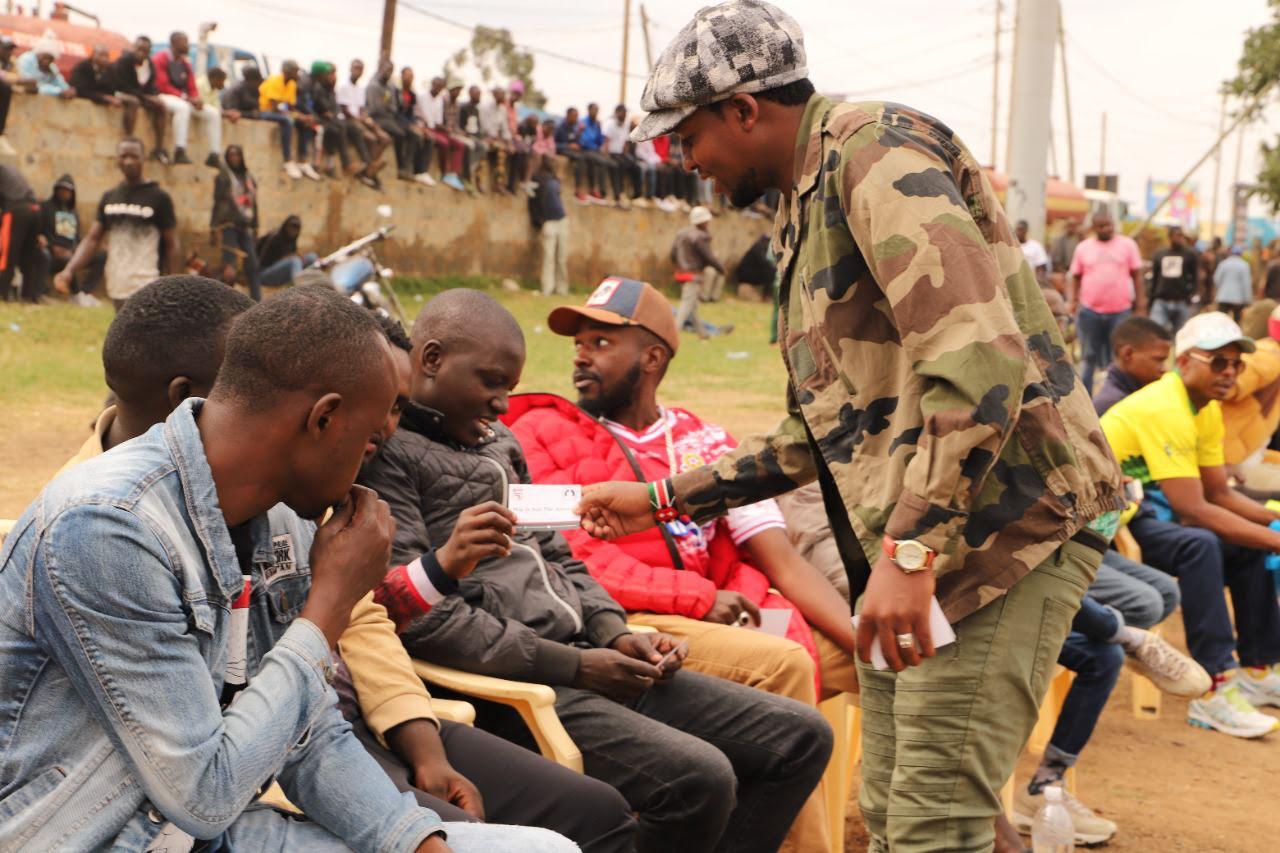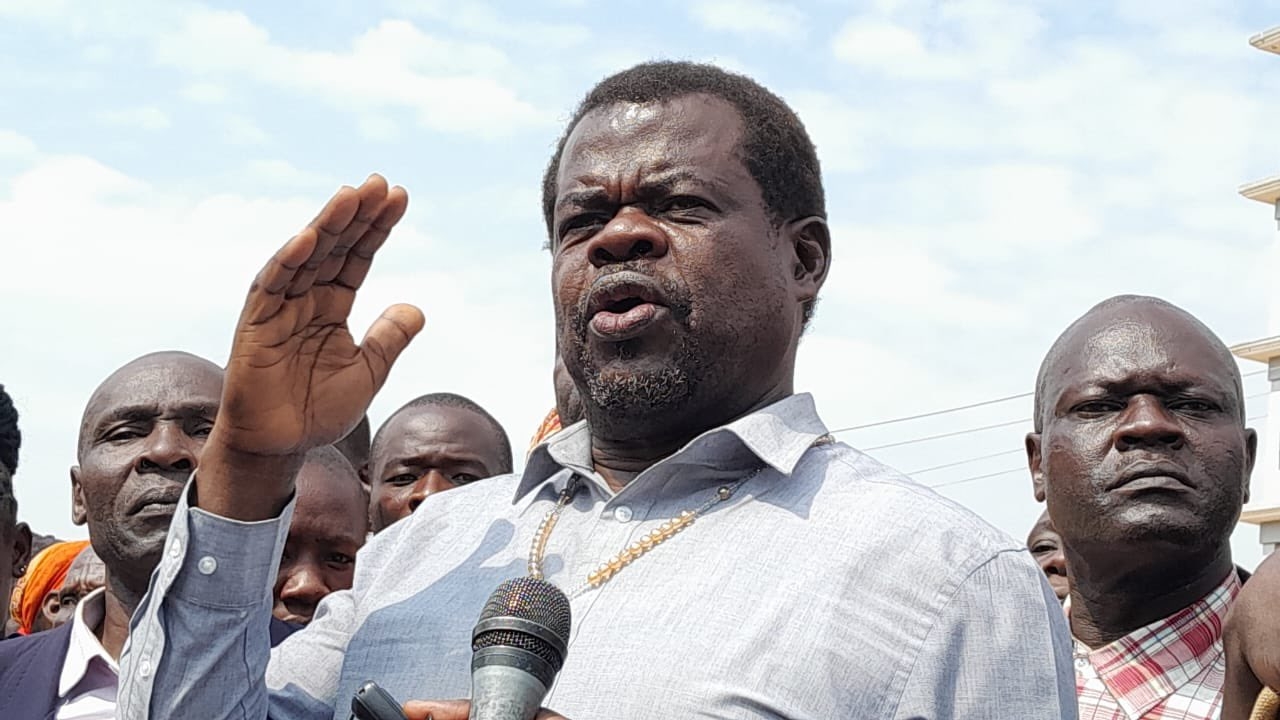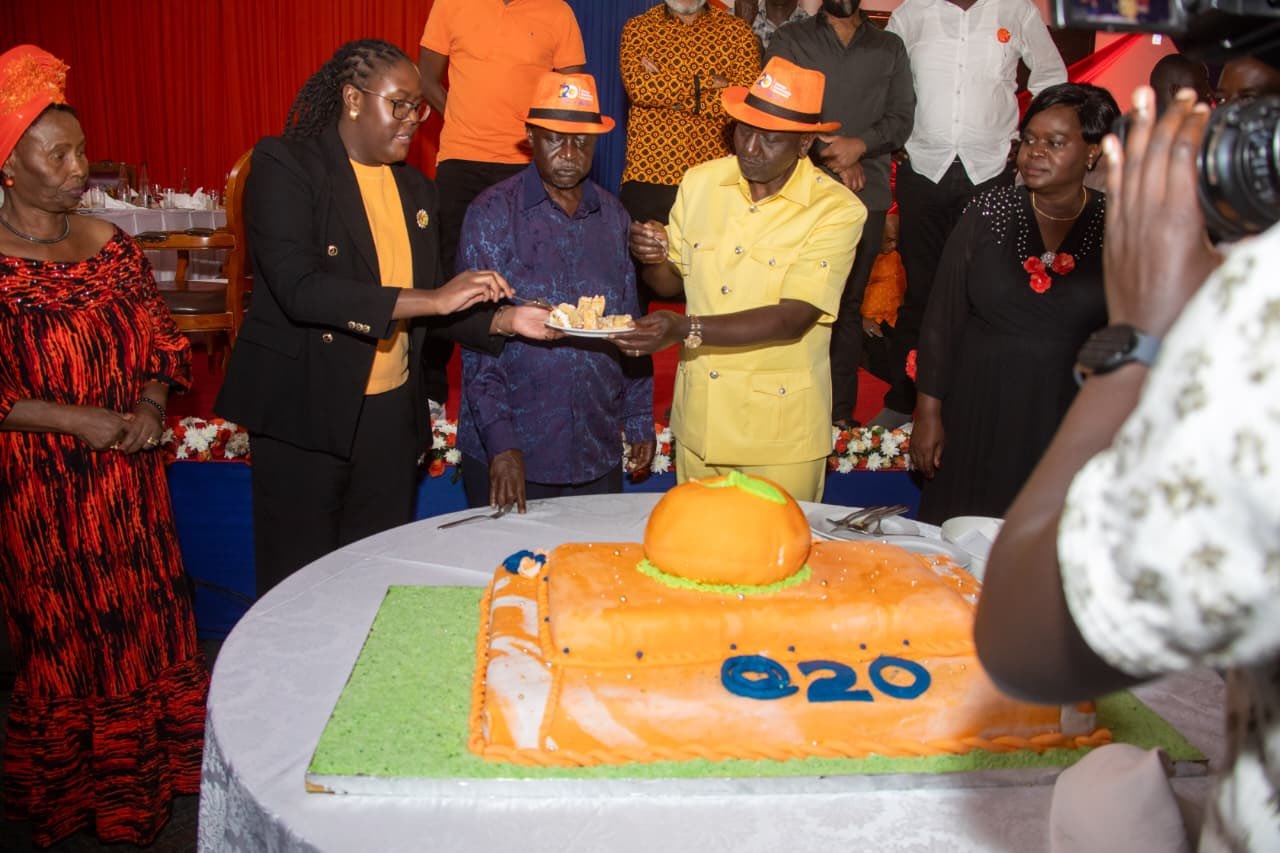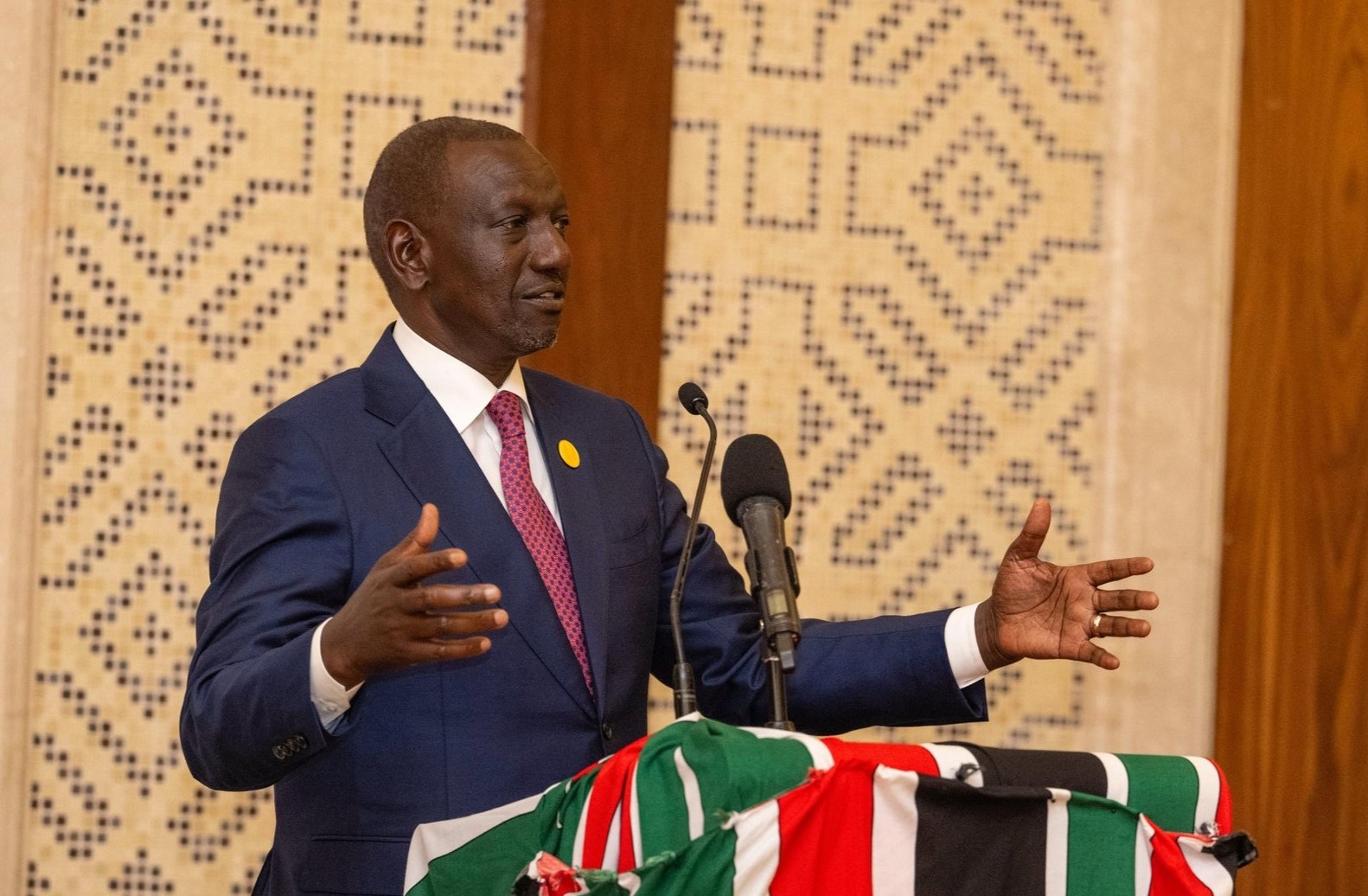.jpeg)
Pin drop silence marks the tension in this particular meeting at Makina in Kibra constituency, Nairobi. The residents were called for a dialogue to quell the tension in the area following the high rate of crime.
The buildup to the meeting follows incidents of mob justice on suspected criminals. One group claims it is being unfairly targeted, while the other claims it is protecting itself and businesses from attacks.
Kibera Youth United Against Crime CBO organised the meeting to get the two groups to dialogue and find a solution.
“We cannot keep losing young people to mob justice. Our parents should also not lose their property or risk being maimed by suspected criminals. That is why we have called for this dialogue to end the impasse,” says Rashid Fadhil, KYUAC leader.
In this meeting, Fadhil has also called Nyumba Kumi leaders to help mediate the dialogue.
“We must come out of this meeting with a solution because we cannot keep living like this. If we don’t do this, the police will be called next, and you know what happens when they come,” one Nyumba Kumi leader says.
A shouting match then ensues, and the residents agree to meet again, but with the area chief and assistant county commissioner.
The meeting in Makina precedes the many meetings Fadhil and his team has been holding in Kibera to resolve conflicts.

He says his team is not only talking to the youth to shun crime but also walking from door to door to urge Kibra residents to maintain peace.
Unknown to Fadhil, this is one of the methods the Unarmed Conflict Protection concept uses to resolve conflicts. UCP is the practice of civilians protecting civilians in situations of eminent or ongoing violent conflict.
It involves international civilians protecting local civilians or local civilians protecting each other. In the buildup to the 2022 general election, Fadhil and his team came up with a campaign slogan, Piga Kura Usipige Jirani (cast your vote don’t fight your neighbour). They made placards, printed T-shirts, and cards with the campaign slogan and distributed them to the residents.
“I am born and bred in Kibra and I wouldn’t want my community to go down just because of selfish interests of individuals,” said Fadhil.
Fadhil also rehabilitates reformed criminals and helps them secure proper documentation and jobs from the government.
“Poverty is one of the many causes of conflict in this community. It has caused many youth to join crime and made them vulnerable to politicians. Young girls have also become pregnant as a result and that is why we are trying to link them with jobs such as kazi mtaani,” he said.
Jane Wanjiru, a UCP expert, says the concept also provides protective presence for civilians who are threatened or vulnerable.
“This may be provided for 24 hours a day, seven days a week or for several months,” she says.
Other methods for UCP practitioners include monitoring ceasefires and rumour control. Unfortunately for Kibra, after the 2022 general election, chaos erupted. Rumour started that a mosque in Makina was being burnt, causing some youths to attack a church.
What started as a normal day of protests turned into a night of arson, tears and death as machete-wielding goons torched market stalls and a church. Former Azimio leader Raila Odinga and his co-principles swiftly moved to Kibra and held talks with Nubian leaders and Christian leaders.
During the meeting, Raila warned against violence and called for teolerance among Kibra residents.
“We all agreed that the harmonious co-existence that has defined the constituency must continue. Nubians have land rights that I have always supported. Azimio is committed to peaceful demonstrations,” Raila said.
Wanjiru says Raila’s move is one of UCP concepts used to avert chaos. “When you verbally solve a conflict between two people by just talking to them, that is UCP in application,” she says.
Some of the countries UCP has been successfully applied include Sri Lanka, the Philippines, and South Sudan.
However there is still little publicity about nonviolent protection provided by organisations specialising in UCP.
For Fadhil, the shrinking civic space in Kenya and lack of funds is one of the challenges they are facing.
"The abductions have sent shivers of fear among team members, and many people are afraid of attending the meetings and doing the door-to-door campaigns,” he says.













